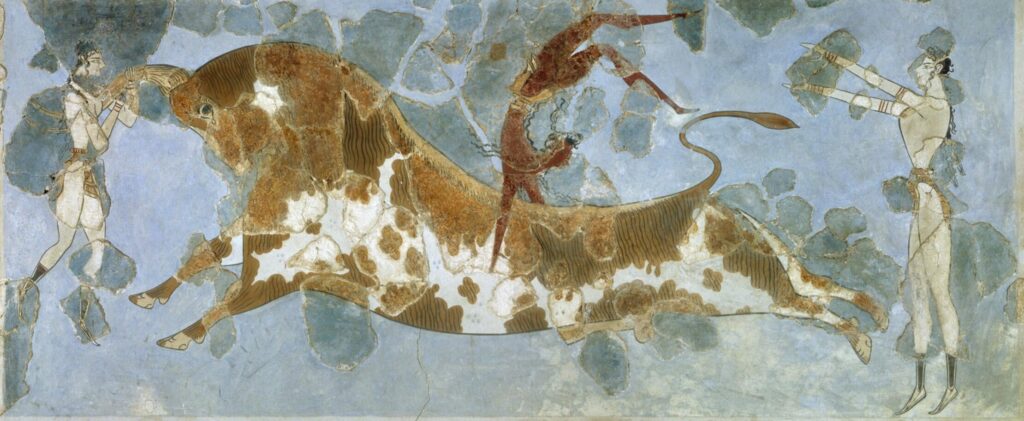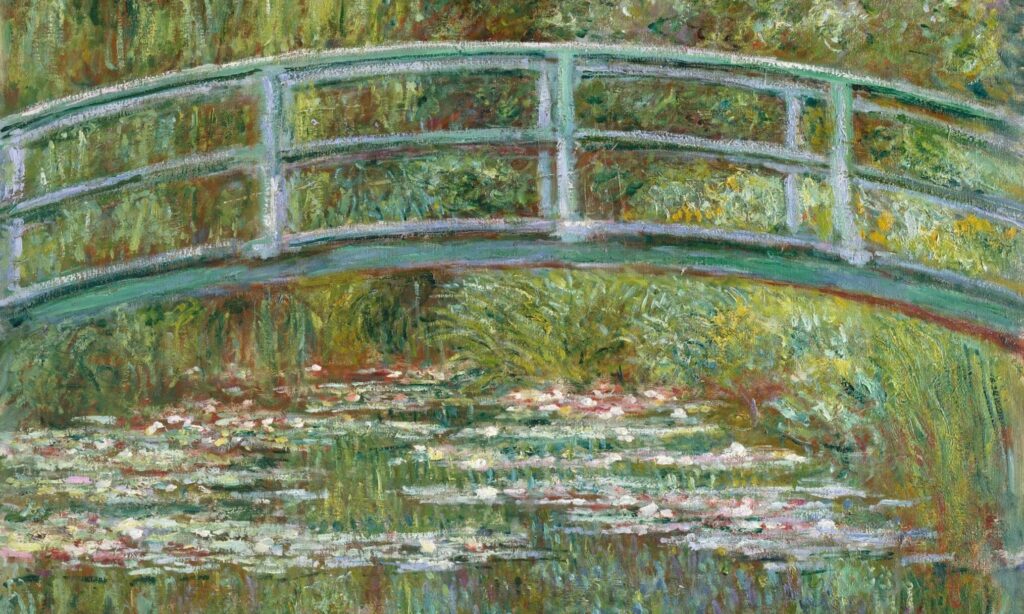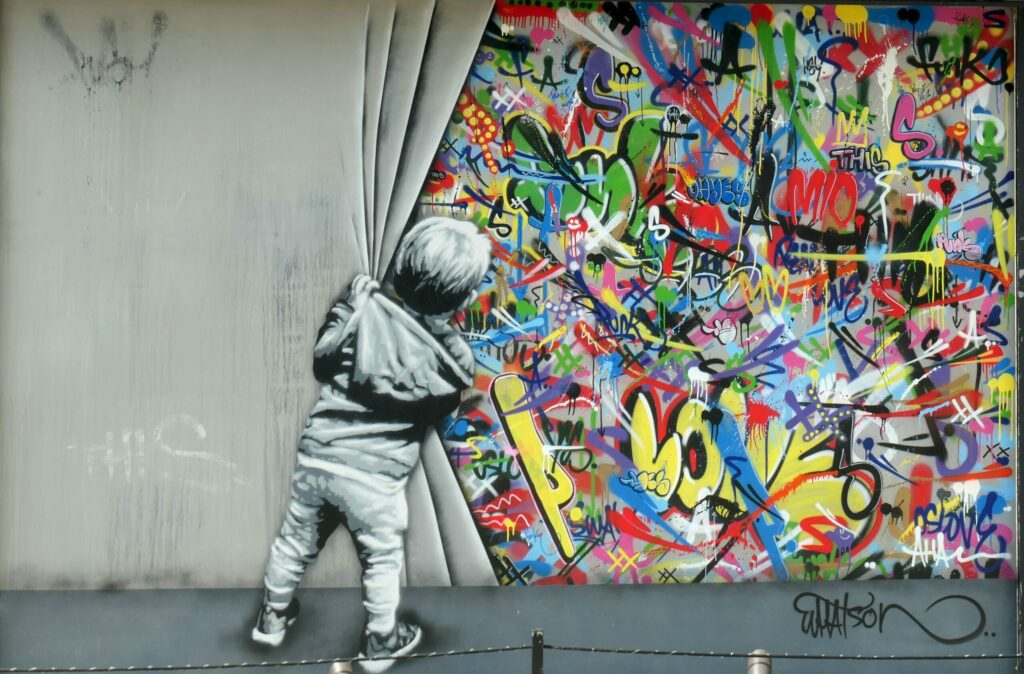Creative Nonfiction
How to Start a Story: Examples and Inspiration
It happens to the best of us: you open a new word document, you’re faced with the many possibilities that a story can take, and then you realize you don’t…
Read MoreStatic Characters vs. Dynamic Characters: Definitions and Examples
You can categorize the people that populate your stories as static and dynamic characters. These categories correspond to character development: if they’re a changed person by the end of the…
Read MoreWhat is a Narrative Poem? Definition and Examples
Writers who want to set their stories in verse may be interested in the narrative poem. One of the oldest literary art forms in the history of written language, narrative…
Read MorePrivate Writing Coaches: 9 Tips to Find a Writing Coach
Whether you’re working on a book-length project or want to improve your writing skills, a private writing coach can transform your writing journey. The best writing coaches have an excitement…
Read MoreWhat is an Antagonist? Definition & Examples
Because most stories involve conflict, most stories also involve an antagonist. Your protagonist—the main character—will struggle to achieve something important to them, and the antagonist will further complicate this struggle.…
Read MoreHow to Write a Narrative Essay
When writers set down the facts of their lives into a compelling story, they’re writing a narrative essay. Personal narrative essays explore the events of the writer’s own life, and…
Read MoreWhat is a Prose Poem? Understanding Prose Poetry
Few literary genres allow for experimentation quite as easily as prose poetry. Blending the techniques of prose with the emotion and lyricism of poetry, the best prose poems uncover subconscious…
Read MoreWhat is Tone in Literature?
Everything you read has a tone. Blog posts will have an engaging and conversational tone; Textbooks often have an informative, matter-of-fact tone. A piece of satire might have a humorous…
Read MoreHow to Submit to Literary Journals
For the last few months, you’ve opened the document on your computer and spent time constructing sentences, reading, researching, and working on the right metaphor for your poem, short story,…
Read MoreOut of Tickets to Ride
I squirm at that phantom hand of smoke, a clawed finger beckons toward a carnie operator, keeper of the wheel in plaid knickers, who winks, “you’re next sweetie”. He rolls…
Read More









